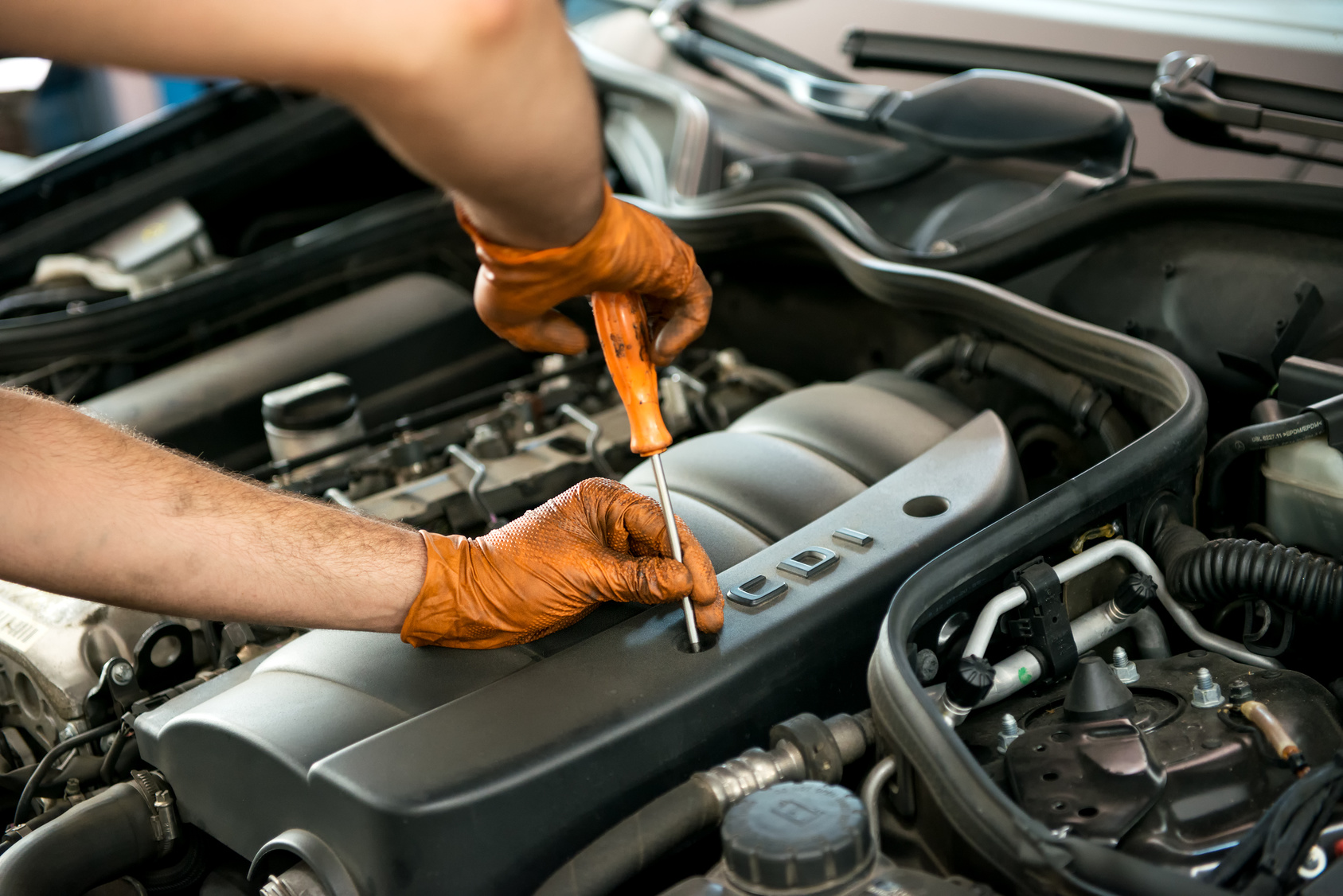Expert Mechanics: Revamping Your Vehicle at the Garage
In terms of maintaining your vehicle in excellent form, locating a reliable service station or car garage is crucial. Car repair is not just about addressing issues; it's about ensuring your car runs effectively and safely for a long time to follow. Whether you’re dealing with regular upkeep or unexpected issues, the best workshop can make all the difference.
In the current fast-paced world, understanding how to enhance your car at the garage goes beyond just getting repairs done. It involves developing a relationship with experienced mechanics who can provide expert advice and solutions tailored to your vehicle's needs. From oil changes to engine overhauls, a capable garage offers a range of services that assist in maintain the functionality and longevity of your car. This article will analyze the essential role of service stations and garages in your car’s life, ensuring that you are always prepared for the road ahead.
Essential Tools for Car Repair
A properly stocked car garage is essential for offering efficient car repair services. One of the simplest yet key tools is the socket toolkit. A comprehensive socket set allows mechanics to easily fasten or remove bolts and nuts on different car components. The variety in sizes ensures that mechanics can work on various vehicles, making this tool a necessity in any workshop.
Alongside the socket set, an impact wrench is a revolutionary tool for speed and ease when handling tight bolts. This power tool significantly reduces the work required to remove fasteners, especially in areas with restricted space or where rust might have harmed the components. With an impact wrench, mechanics can approach jobs more efficiently, boosting overall productivity in the garage.
In conclusion, diagnostic equipment have become essential in modern car repair. These tools, including OBD2 scanners, help mechanics identify issues by scanning error codes from the vehicle's onboard computer. This information is crucial for accurate troubleshooting and repair, ensuring that mechanics can consistently deliver top-notch services. By incorporating these essential tools into their processes, car repair workshops can improve their services and enhance customer satisfaction.
Common Car Problems and Fixes
One of the more common issues car owners face is a dead battery. This can happen due to different reasons, such as leaving lights on or a broken alternator. If your car will not start, it's important to check the battery first. A jump start might address the problem for a short time, but it's advisable to have the battery tested at a service station to determine if it needs replacement.
Another common problem is brake wear. Creaking or grinding noises when applying the brakes are clear signs that your brake pads may be damaged. This is a critical safety concern, so tackling it promptly is important. At a car garage, mechanics can examine your braking system and replace the pads if needed, ensuring your vehicle remains safe for the road.
Lastly, engine performance problems can vary from simple fixes like replacing air filters to more complex problems like starting failures. If you experience a loss of power or odd engine noises, it may be time to have a certified diagnosis. Mechanics at a repair workshop can run detailed tests and provide the necessary maintenance or repairs to keep your engine in excellent condition.
Care Tips for Longevity
Routine oil exchanges are crucial for maintaining your car's engine health. It is advised to adhere to the manufacturer's guidelines for change intervals, which is typically every three thousand to five thousand miles or approximately 3 to 6 months, based on your vehicle's particular needs. Using quality oil can significantly reduce wear and tear, ensuring that your engine runs efficiently for a long time to come.
Tire care plays a crucial role in your car's overall performance and safety. Keeping your tires properly inflated can boost fuel efficiency and enhance handling. Additionally, switching your tires every six 000 to eight 000 miles helps avoid uneven wear. Consistently checking the tread depth can also ensure you have the necessary grip, particularly in poor weather conditions.

Finally, don't neglect the significance of maintaining your brakes. Routine inspections can help you catch any potential issues early, such as worn pads or low fluid levels. Developing a routine to be alert to unusual noises and noticing changes in brake responsiveness can go a long way in preventing more serious problems and ensuring your safety on the road.